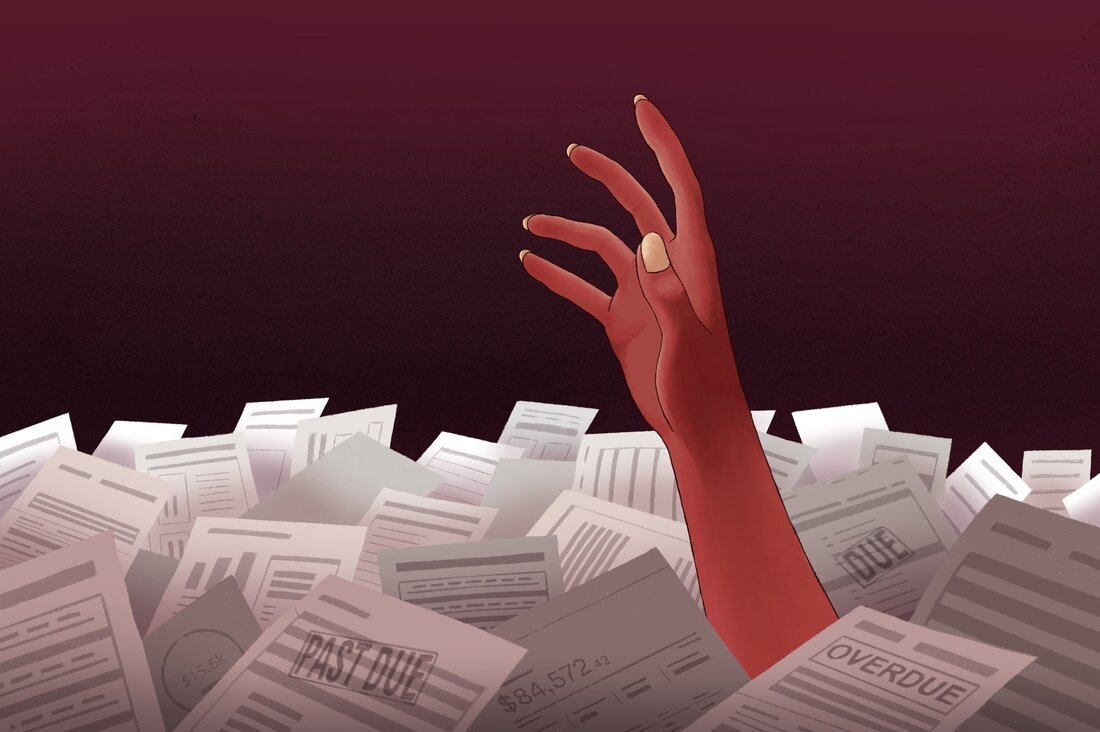Student loans can help build credit if payments are made on time but can significantly harm credit scores if payments are missed or the loans go into default.
How Student Loans Can Boost or Hurt Your Credit Score
According to Money, millions of Americans have student loan debt, and these loans are often their first experience with credit. As college costs rise, many students need loans to cover what scholarships and grants don’t. These loans can help build credit if payments are made on time, but they can hurt credit scores if payments are missed or the loans go into default.
Federal student loans are a great way to start building credit because they don’t require a credit check. If you make your payments on time, it can really boost your credit score. But be careful—if you’re late or miss payments, that can hurt your credit for seven years, making it harder to get other loans and leading to higher interest rates.
READ ALSO: Billion-Dollar Shift: US DOT Introduces Cash Refund Policy For Flight Disruptions – Boosting Passenger Compensation!

85 Million Americans Carry Student Loan Debt: How to Manage Your Student Loans and Boost Your Credit (PHOTO: NPR)
Income-Driven Repayment Plans and Refinancing – Key Strategies for Managing Student Loan Debt
If borrowers have trouble making payments, federal loans offer income-driven repayment plans, which base payments on income and can lower them significantly, sometimes to zero. Private loan borrowers might look into consolidating or refinancing to reduce interest rates and payments. Understanding how student loans affect credit is important for managing debt wisely.

















































